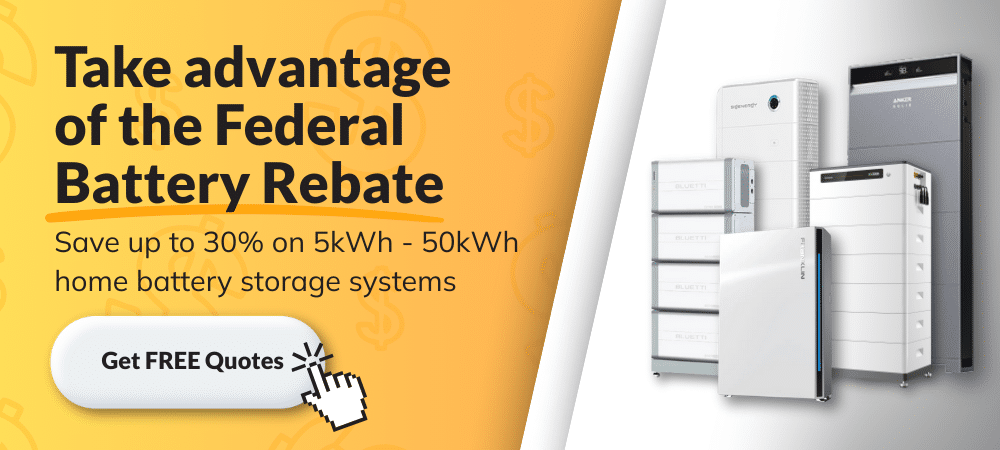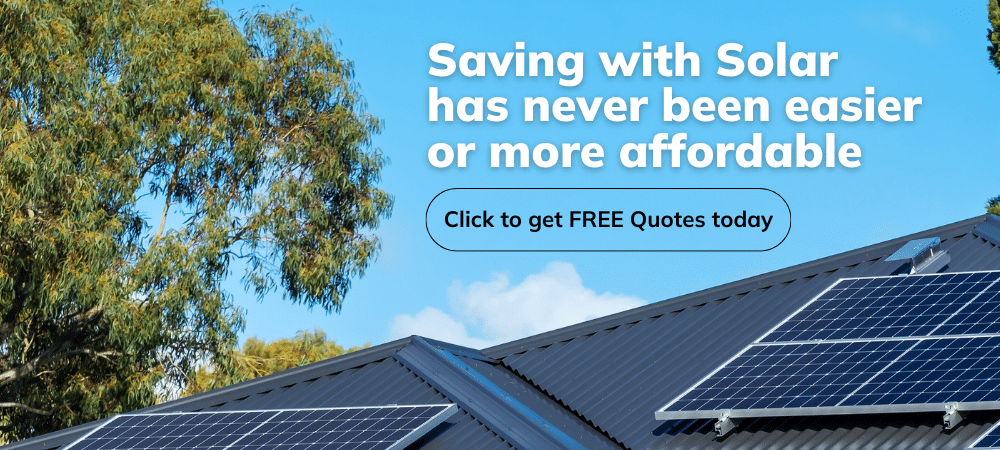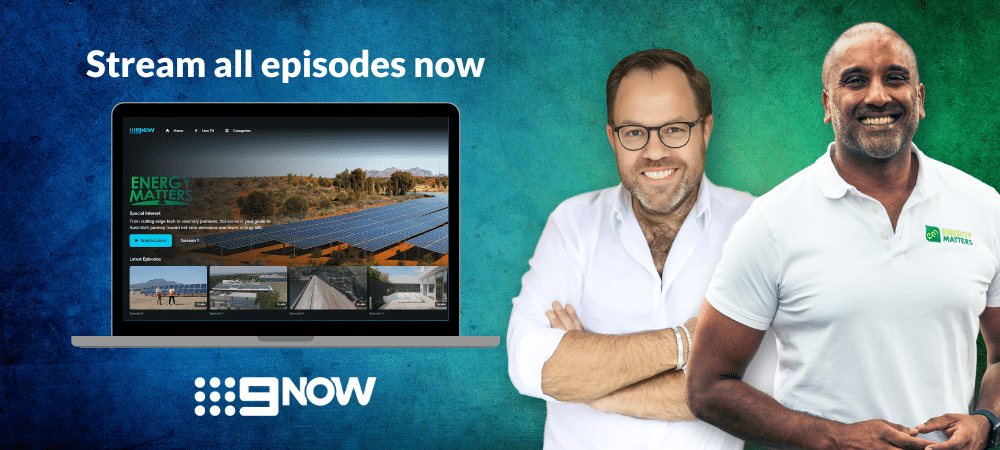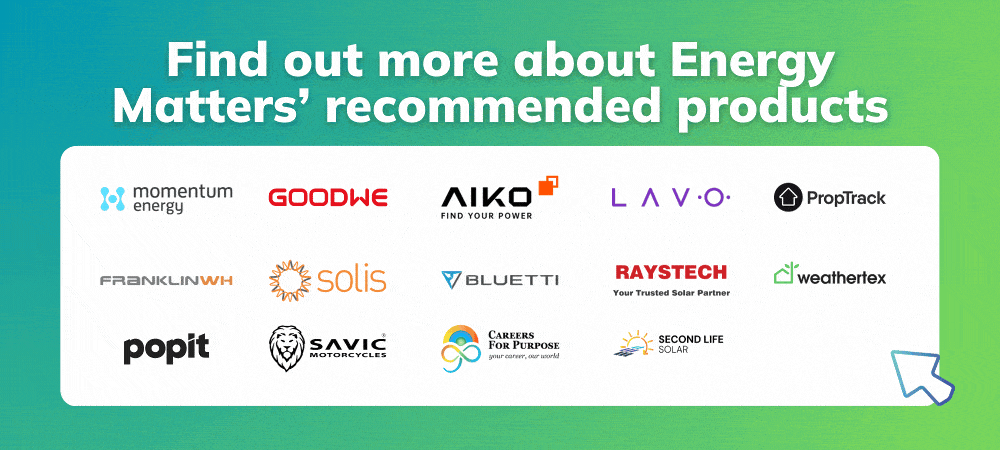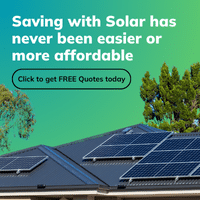
On this page
Solar energy is becoming more popular in Australia as the country works towards a sustainable future. One way to finance solar energy projects is through a solar Power Purchase Agreement (PPA).
Solar PPA Australia: A comprehensive overview
A Power Purchase Agreement (PPA) is a legal agreement between a solar energy provider and a customer, usually a business or government entity, where the customer agrees to purchase solar energy from the provider at a predetermined rate for a set period of time.
How does a solar PPA work in Australia?
In Australia, solar PPA agreements are becoming increasingly popular due to their flexibility and cost-effectiveness. Here’s a breakdown of the process:
- Assessment and agreement: A solar provider evaluates your property’s energy needs and offers a tailored PPA. Once agreed upon, the provider will handle the system’s installation and ongoing maintenance.
- Electricity supply: You purchase the electricity generated by the solar system at a predetermined rate, often lower than standard grid prices.
- Ownership: The solar provider retains ownership of the system for the duration of the agreement, which typically ranges from 10 to 25 years.
- End-of-term options: At the end of the agreement, you may have options to purchase the system, renew the contract, or remove it.
Energy Matters has been a leader in the renewable energy industry since 2005 and has helped over 40,000 Australian households in their journey to energy independence.
Let us discuss and choose the best quote that suits your needs and budget, and we can connect you with our trusted local installers, who will provide up to 3 FREE quotes for your home and business solar energy system. Get your free quotes today!
Solar financing options
Several financing options are available to facilitate solar PPA projects in Australia:
Third-party ownership
Third-party ownership or third-party PPA is a financing alternative where a third-party investor owns the solar panels and is responsible for maintenance and upkeep. The investor sells the energy generated by the solar panels to the customer at a fixed rate, usually lower than what the customer would pay for traditional electricity.
This financing option is particularly attractive to businesses that do not have the capital to invest in solar energy systems upfront. With third-party ownership, the customer does not have to purchase or maintain the solar panels, reducing the initial investment cost. Additionally, since the investor owns the solar panels, they are responsible for any repairs or replacements needed, further reducing the cost to the customer.
Community solar power purchase agreements
Community solar is a financing alternative where a group of individuals collectively own and maintain a solar energy system. Each individual contributes a portion of the initial investment cost and receives a share of the energy generated by the system at a discounted rate.
This financing option is particularly attractive to individuals or businesses that are unable to install solar panels on their property due to a lack of space or shading issues. Community solar systems are typically installed on a larger piece of land and can generate more energy than a single customer would require. By pooling resources, customers can take advantage of the economies of scale and purchase solar energy at a lower cost than traditional electricity.
PPA solar financing options in Australia offer businesses and individuals an opportunity to invest in sustainable energy without the large upfront costs associated with traditional solar energy systems. Third-party ownership and community solar are financing alternatives providing customers with affordable solar energy access. As Australia continues to transition towards a more sustainable future, PPA solar financing options will continue to play an essential role in making solar energy accessible to everyone.
Project Finance
This involves raising capital from various sources, such as banks, institutional investors, and private equity firms. Project finance is suitable for large-scale solar projects and often requires a robust financial structure and risk assessment.
Corporate PPA
In this model, corporations directly enter into PPAs with solar developers. These agreements are typically tailored to the corporation’s needs and can involve long-term contracts.
Power Purchase Agreement benefits
Opting for a solar PPA in Australia comes with a host of advantages that make it an attractive financing option
No upfront costs
The high initial investment is one of the biggest barriers to adopting solar energy. With a solar PPA, this concern is eliminated as the provider covers the installation and setup expenses.
Predictable energy costs
A solar PPA locks in your electricity rate for the contract duration, shielding you from fluctuating energy prices and helping with long-term budget planning.
Hassle-free maintenance
The solar provider takes responsibility for maintaining and repairing the system, ensuring optimal performance without additional costs for the property owner.
Environmental impact
Choosing a solar PPA reduces your carbon footprint and contributes to Australia’s renewable energy goals without requiring direct investment.
Who can benefit from solar PPA in Australia?
Solar PPAs are particularly advantageous for:
Homeowners
Residential property owners seek cost savings and sustainable energy solutions without upfront expenses.
Community projects
Schools, non-profits, and community groups can leverage PPAs to access clean energy while prioritising their budgets for other needs.
PPA solar and energy security
One of the main advantages of PPA solar is that it enhances energy independence by providing a stable and reliable source of electricity that is not dependent on foreign oil or gas imports. Australia’s reliance on imported oil and gas exposes the country to price volatility and supply disruptions, which can have significant economic and security implications. By investing in PPA solar, Australia can diversify its energy mix and reduce its dependence on foreign oil, thus increasing its energy security.
Furthermore, PPA solar can also promote domestic jobs and industries, which is a crucial factor in enhancing energy security. The installation and operation of solar farms require a range of skilled and unskilled jobs, such as engineers, technicians, construction workers, and maintenance personnel. By investing in PPA solar, Australia can create new job opportunities and support local industries, thus strengthening its economic resilience and reducing its reliance on foreign suppliers.
Another advantage of PPA solar is its potential to reduce greenhouse gas emissions and mitigate the effects of climate change. Australia is one of the world’s largest per capita greenhouse gas emitters, and reducing its carbon footprint is a critical step towards achieving its climate goals. PPA solar can significantly reduce Australia’s carbon emissions and contribute to a cleaner and more sustainable future by replacing fossil fuels with solar-generated electricity.
PPA solar has several advantages that can enhance energy independence, reduce dependency on foreign oil, and promote domestic jobs and industries in Australia. By investing in PPA solar, Australia can diversify its energy mix, reduce its carbon footprint, and strengthen its economic and energy security. As the country continues to pursue renewable energy solutions, PPA solar is poised to play a significant role in Australia’s energy transition.
PPA solar for businesses
PPA solar solutions have become a popular choice for businesses in Australia looking to switch to renewable energy without the upfront installation costs. The examples of successful adoption of PPA solar solutions in industries prove that the benefits of renewable energy are not limited to a specific sector. With the rising cost of energy and increasing concerns about climate change, it is clear that more businesses in Australia will adopt PPA solar solutions in the future.
The benefits of PPA solar solutions for businesses are clear. Not only do they help businesses reduce their carbon footprint and promote sustainable practices, but they also provide significant cost savings. By signing a PPA agreement, businesses can lock in a fixed energy rate for a set period, which protects them from volatile energy prices and potentially significant cost increases. Furthermore, businesses that use renewable energy can also enhance their brand reputation and appeal to customers increasingly conscious of their environmental impact.
PPA solar challenges and its impact on the grid
One of the primary challenges of PPA solar is its impact on grid reliability. Unlike traditional power generation sources, such as coal and gas, solar energy generation is intermittent and dependent on weather conditions. This means that utilities must carefully manage the integration of PPA solar into the grid to ensure that the electricity supply meets demand and that the grid remains stable and reliable.
Another challenge is the impact of PPA solar on grid stability. The variability of solar generation can lead to fluctuations in voltage and frequency, which can cause stability issues if not managed properly. To mitigate these issues, utilities must invest in new grid infrastructure, such as energy storage systems, to balance the grid and maintain stability.
In addition to reliability and stability, PPA solar also presents challenges to grid efficiency. The intermittent nature of solar energy means that utilities must constantly adjust grid operations to accommodate changes in solar generation. This can result in inefficiencies and increased costs for utilities, which must invest in new technologies and grid management systems to optimise grid operations.
Despite these challenges, PPA solar offers opportunities to improve grid performance and efficiency. For example, by strategically locating solar arrays and energy storage systems, utilities can balance the grid and reduce the need for expensive grid upgrades. Additionally, by leveraging the flexibility of PPA contracts, utilities can optimise the use of solar energy and reduce the need for expensive peaking power plants, which are used to meet high-demand periods.
To overcome the challenges of PPA solar and maximise its benefits, utilities must take a proactive approach to grid management and invest in new technologies and infrastructure. This includes integrating energy storage systems, deploying advanced grid management systems, and adopting flexible pricing structures to incentivise the use of solar energy during periods of high demand.
PPA solar presents both challenges and opportunities for utilities and the national power grid in Australia. While the intermittent nature of solar generation presents challenges for reliability, stability, and efficiency, utilities can overcome these challenges by investing in new technologies and infrastructure and adopting a proactive approach to grid management. As Australia continues to shift towards renewable energy sources, PPA solar will play an increasingly important role in the country’s energy mix, and utilities must be prepared to adapt to this new reality.
5 common PPA solar myths debunked
Myth 1: PPA solar is too expensive
One of the most common misconceptions about PPA solar is that it is too expensive. Many people assume that the cost of purchasing electricity from a PPA will be higher than that from the grid. However, this is not necessarily the case. PPA solar can be cheaper than grid electricity, as it offers a fixed rate for electricity that is not subject to fluctuations in the energy market. Additionally, with PPA solar, consumers do not have to pay upfront costs for installation and maintenance, which can be a significant financial burden.
Myth 2: PPA solar requires a long-term commitment
Another common myth about PPA solar is that it requires a long-term commitment. Some consumers hesitate to sign a long-term contract for fear of being locked into a deal they may not want in the future. However, many PPA solar providers offer flexible contract terms that can be tailored to meet the needs of consumers. It is possible to negotiate a shorter-term contract or even opt out of the contract with sufficient notice.
Myth 3: PPA solar is only for large businesses
Many people believe that PPA solar is only suitable for large businesses with significant energy needs. However, PPA solar is also a viable option for households and small businesses. In fact, PPA solar can be an excellent option for small businesses and households that cannot afford the upfront costs of purchasing and installing solar panels. With PPA solar, consumers can access clean energy without breaking the bank.
Myth 4: PPA solar panels will reduce the value of my property
Another myth about PPA solar is that it will reduce the value of a property. However, this is not necessarily true. In fact, solar panels can increase the value of a property, as they are a valuable asset that can reduce energy costs and generate income. Additionally, PPA solar panels are typically installed in a way that does not damage the property, so there is no risk of property damage.
Myth 5: PPA solar is unreliable
Finally, some people believe that PPA solar is unreliable and cannot provide consistent energy. However, PPA solar providers use high-quality solar panels that are designed to provide reliable energy over the long term. Additionally, PPA solar providers typically offer maintenance and support services to ensure the panels work at their best.
PPA solar is a viable option for many households and businesses across Australia. While there are some common myths and misconceptions about PPA solar, it is important to separate fact from fiction. By understanding the benefits of PPA solar and debunking these common myths, consumers can decide whether PPA solar is the right choice for them.
The future of solar PPA in Australia
As Australia transitions towards renewable energy, solar PPAs are expected to be crucial in increasing solar adoption. With technological advancements and government policies supporting clean energy, this financing model will likely become even more accessible and appealing.
Ready to power your business or home with solar energy?
Take the first step towards a sustainable, cost-effective energy future with Energy Matters today. Energy Matters is one of Australia’s most trusted solar quotes due to our high customer satisfaction and industry recommendations. Our team of solar experts can help you get up to 3 FREE solar quotes from pre-qualified and vetted solar firms in your area. Let’s harness the power of the sun together!








